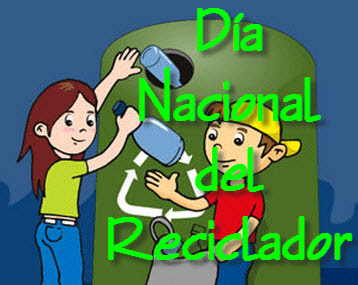Our social worker, a woman with over 25 years of International Adoption experience, suggested that we keep others away from our then 2 year old and try to settle in for a few months. She called the first 6 months crucial for bonding and attachment. She suggested a few basic rules. Today, I am highlighting her rule # 4. 4- Do not introduce them to extended family too soon. You will know when your child is secure and calm. That is the time to meet new people. For some babies, it will take a few weeks. For toddlers or young children, it can take much, much longer. This can be difficult to explain to excited extended family members. Try reminding them that your child has just lived through a major trauma and that your child does not see his adoption as a joyous, happy, long awaited moment. He has just lost everything he knows -- a home (however sad), food, smells, sounds, friends, schedule, etc. He is trying to make sense of the world. The more that things change, the more diff...
